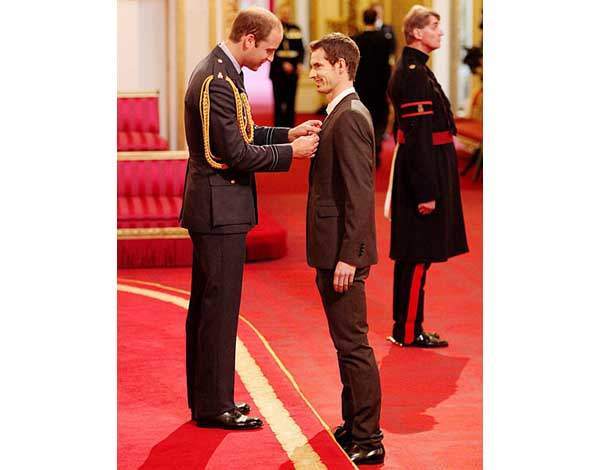

During his first investiture ceremony, Prince William nervously wielded the investiture sword over Andy Murray’s shoulders to dub him a knight of the realm. It was endearing that he admitted to being nervous and that he practised with his father to make sure he didn’t slice off someone’s ear.
This isn’t just a story that makes you feel slightly warm and fuzzy inside. It marks a new transitional phase for the Royal Family, where training and responsibility are given to the younger Royals hopefully to secure the House of Windsor’s future.
Good family governance is key
It is not just the Royal Family that needs to worry about its future; it should be any family with wealth or a business that it wants to pass on to future generations. The saying ‘shirtsleeves to shirtsleeves in three generations’ is not a universal truth – but it isn’t a fait accompli that wealth will not be generated and then squandered to nothing within three generations.
You need good family governance and to be able to manage the transitions between the generations.
Legal structure
The first step in establishing good family governance is to put a legal structure in place to identify where the control and economic interests lie and to ensure that wealth and businesses aren’t fragmented. This may be by way of corporate vehicles, trusts, partnerships or foundations.
Family constitution
Once the skeleton is in place, you need to add some flesh. This often takes the form of a family constitution which sets out the family’s agreed ‘philosophy’ or shared vision of what the wealth or family business is there for. The primary objective of the constitution (and the process involved in its preparation) is to document the various assumptions, understandings and expectations regarding the family’s wealth and, in particular, how this is going to be shared, applied and preserved going forward.
It should provide a means of documenting agreed family policies to guide current and future generations of the family on, for example, the direction in which the family business is going, philanthropic matters or how to conduct financial affairs. Importantly, it might also contain an agreed procedure on how conflict between family members should be resolved.
This should be a living document and not something consigned to the bottom drawer once drafted. The content of an agreed family constitution should be kept under review and mechanisms put in place to ensure that any review takes place on a regular basis so that everyone knows what is expected of them, what to expect and to see that any potential problems are nipped in the bud.
Pass the baton to the next generation
It is no use having spent all one’s time and energy getting a legal structure and family constitution in place without putting the planned strategies into practice.
The next generation isn’t necessarily going to have the skills and knowledge needed to take matters forward. Give them the education and training that they need. Finally, take a leaf out of the Queen’s book and get the next generation involved so that its members acquire the skills, knowledge and experience to manage the family wealth and business effectively to secure its future for the following generation at least.
Hilesh Chavda works at boutique private wealth law firm Maurice Turnor Gardner LLP (Hilesh.Chavda@mtgllp.com)






